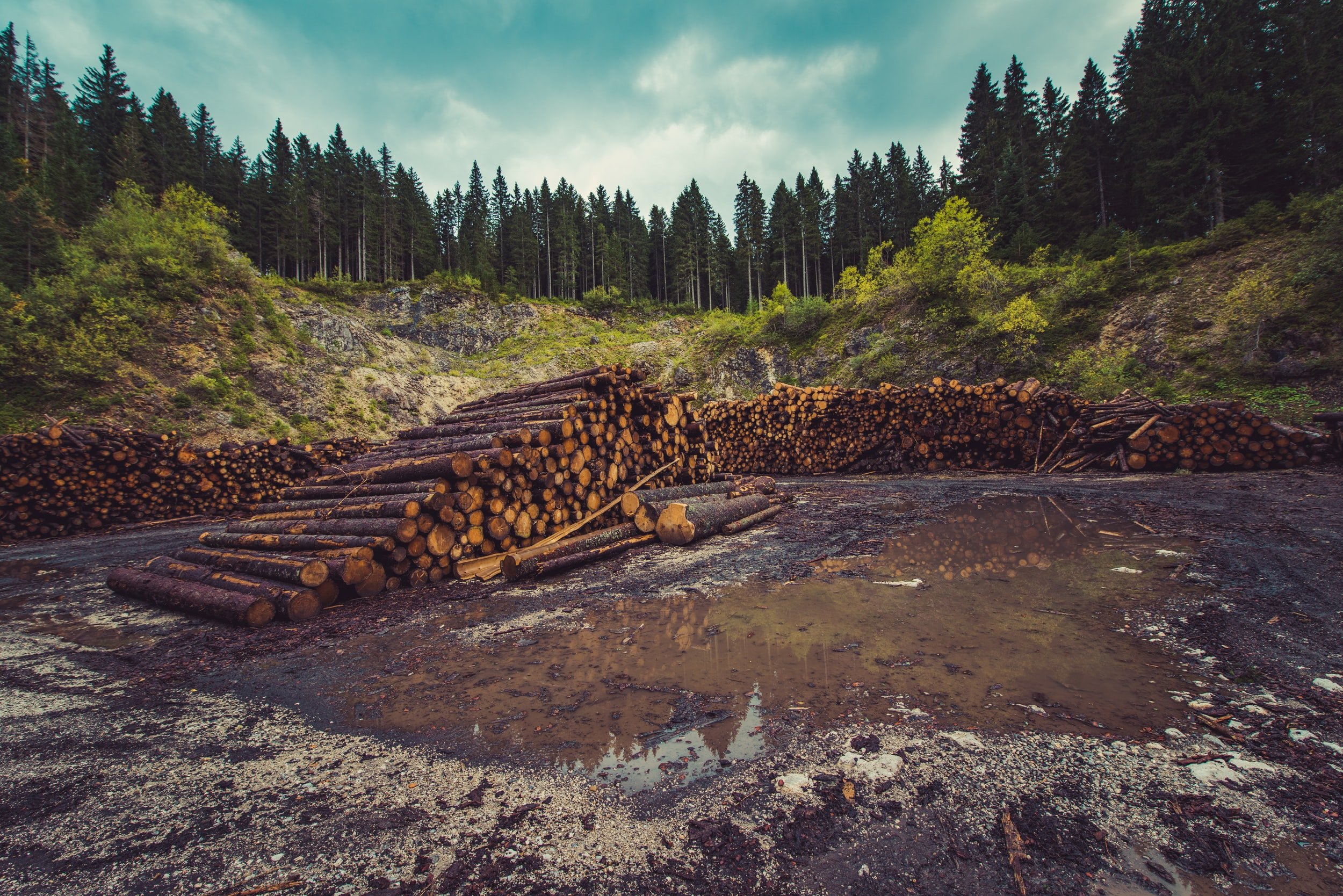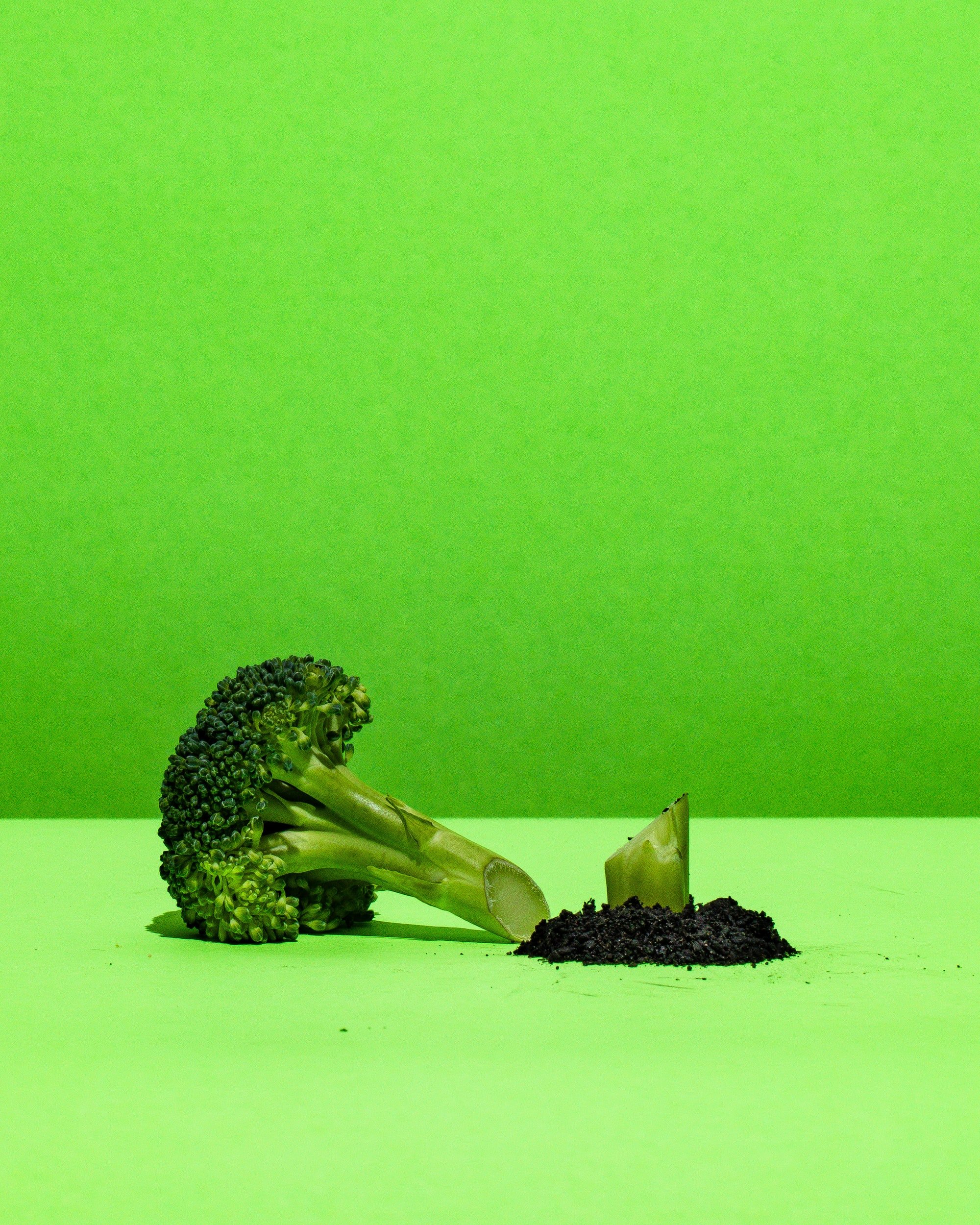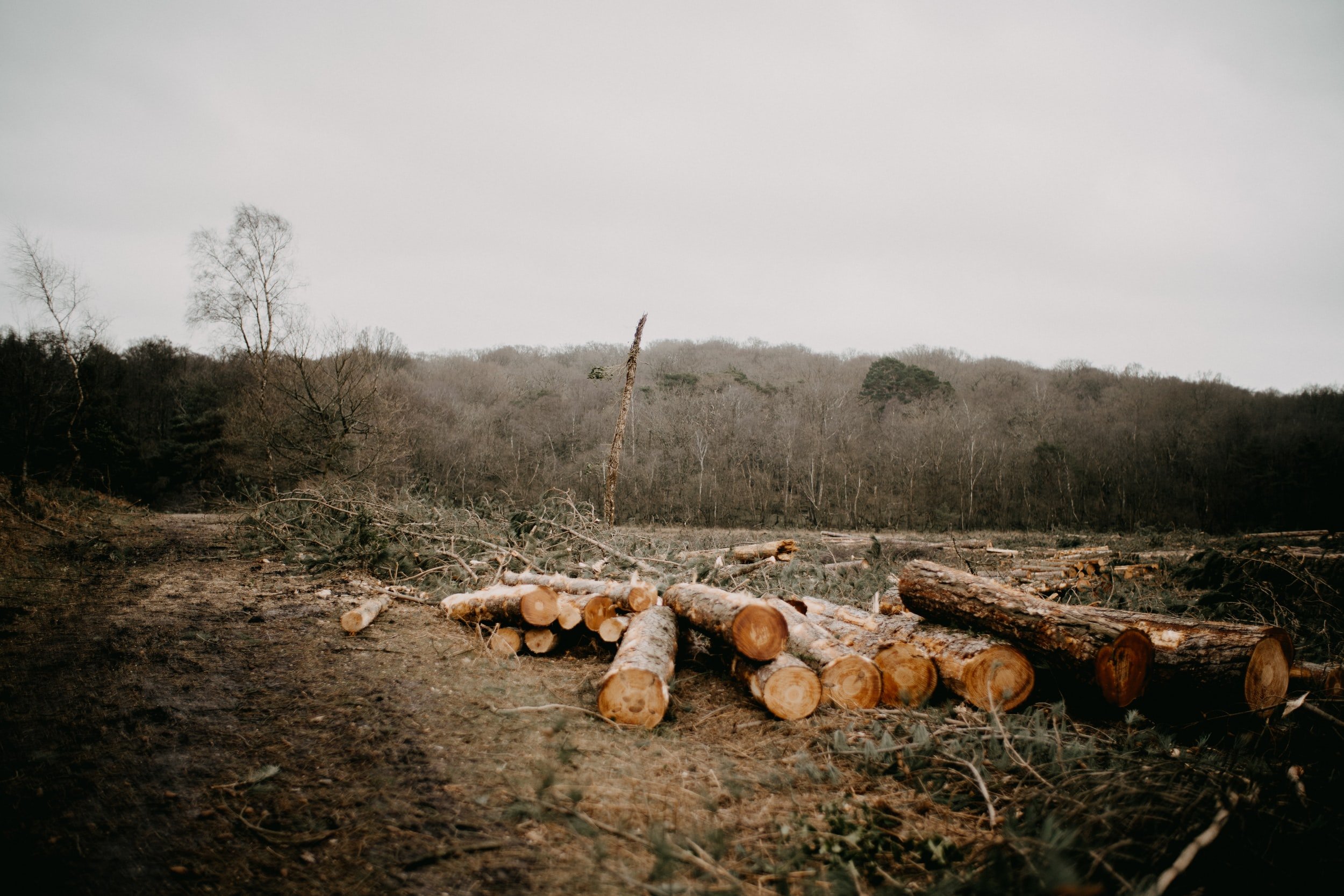
Deforestation In Brazil

The amazon rainforest, which is the largest rainforest in the world, is considered as the lung of the earth. In the 2010s, Amazon played an important role in emitting greenhouse gasses. It is home for 2.5 million species of insects, thousands of birds and mammals, and ten thousand of plants. One of every ten known species in the world lives in the rainforest of amazon. Amazon is considered as the place with the most biodiversity on earth.
The Amazon rainforest is shared by nine countries. Among them, the one which has the largest proportion of amazon is Brazil. In 2005, Brazil had the highest deforestation rate in the world, a large proportion of the data is contributed by the deforestation in amazon. Since the 1970s, 700,000 square kilometers of amazon has been destroyed and by 2001, amazon is only 87% of its original size. By this rate, the experts predict that the Amazon will be reduced by 40% in 2030.
There are many causes of deforestation in the amazon, Mining, logging, and soybean production are the key factors of the deforestation. In the 1980s, miners came to amazon and they usually cleared the forest to open the mine and provide materials. People who live near amazon or in amazon grow soybeans as their source of food, they clear the forests to expand their farmland and grow many soybeans for living. Manufacturing companies build factories in amazon and they send loggers to cut down the trees in the forests and provide them the wood as materials.
Even though the Brazilian government made the promise to end deforestation in 2006, the amazon deforestation rate is still high today. People are still destroying the forest to expand the town and converting the forest area into farmlands. The loggers are still taking down the forests and using wood to produce products like paper and furniture. The sad thing is there is no solution to that except people who lived there realized how much damage they caused to the amazon and stopped their action.

Author: Kevin Hong
Contact: khong.2023@carmlehs.org
Editor: Kelly Ni
